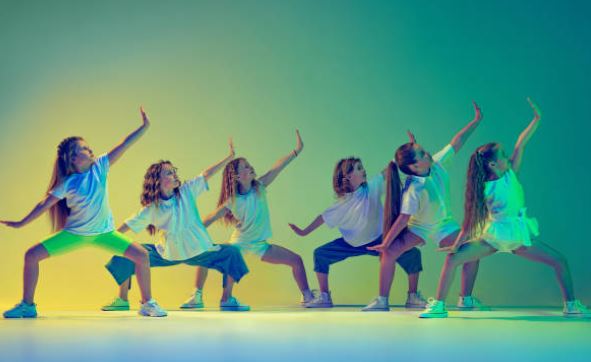 In addition to being a delightful form of expression and physical exercise, dance has a remarkable impact on a child’s cognitive development. From a young age, children instinctively move their bodies to express emotions and communicate. Little do they know that these rhythmic movements are fueling their cognitive growth in various ways.
In addition to being a delightful form of expression and physical exercise, dance has a remarkable impact on a child’s cognitive development. From a young age, children instinctively move their bodies to express emotions and communicate. Little do they know that these rhythmic movements are fueling their cognitive growth in various ways.
First and foremost, dance enhances memory and learning skills. As children learn dance routines, they are required to remember sequences and steps, sharpening their memory and concentration. This exercise in recall nurtures their ability to absorb information effectively, contributing positively to their academic performance.
Moreover, dance activates multiple regions of the brain simultaneously. The synchronization of movement with music stimulates the auditory, visual, and motor areas of the brain, forging strong neural connections. This cross-brain activation enhances cognitive flexibility and problem-solving abilities, as children learn to adapt their movements to match the rhythm and flow of the music.
Furthermore, dancing boosts creativity and imagination. When children express themselves through dance, they become storytellers, imagining characters and narratives through their movements. This imaginative play fosters cognitive development by encouraging kids to explore new ideas and perspectives.
Dance also plays a vital role in emotional intelligence. As children dance, they learn to recognize and express their feelings non-verbally, honing their emotional awareness and empathy towards others.
In conclusion, dance is not just a recreational activity; it is a powerful tool that enhances cognition in children. By promoting memory, multi-dimensional brain engagement, creativity, and emotional intelligence, dance empowers young minds to reach their full cognitive potential. So, let the music play, and watch your child’s mental prowess soar on the dance floor!
